There is no doubt that House Bill 1774 caused a lot of debate between democrats and republicans in Texas last year. Some said that it would only benefit the powerful insurance companies, while others said it would reduce the superfluous lawsuits brought to court.
What is this hotly debated bill? House Bill 1774 was originally written by tort reform groups and republicans hoping to reduce the quantity of frivolous and fraudulent law suits brought to court by overeager trial lawyers and dishonest consumers and policyholders.
The opposition of the bill rose immediately. Sighting how the bill would only make it easier for insurance companies to take advantage of policyholders, such as homeowners associations, and reduce the penalties for their neglectful treatment, democrats gathered in opposition to protect policy holders. Champions of the bill said it would protect the affordability of property insurance and safeguard its availability across the state.
Protecting from Fraud
This bill was written with the goal of improving the property insurance landscape by preventing insurance fraud and reducing the costs associated with resolving conflicts between homeowners associations and insurers. For homeowners’ association insurance companies, it means relief from surprise suits and fraudulent claims and reduced costs associated with individual agents’ errors and omissions. The bill gives them opportunity to reduce premiums and increase policy coverage. Under this law homeowners associations must file notice with the insurance company 61 days prior to filing a suit. Requiring this period of warning or waiting allows insurance companies opportunity to settle outside of court and work with policyholders to resolve issues and errors.
Notice of Suit
The notice must contain the reason for the suit, the amount of damages claimed and demanded by the homeowners association that the insurer owes, the amount of attorney fees accrued, and the name of the individual insurance agent allegedly at fault, if any. By requiring this notice, House Bill 1774 has achieved tort reform in the insurance suit plane and created a cooperative and amenable environment for conflict resolution.
Allowable Inspections
In conjunction with the notice, and as a result of it, policyholders must also allow insurance companies to conduct inspections of the damaged property or properties. These inspections can help insurance companies determine how accurate and precise a homeowners association’s claim is. This additional knowledge will help both parties involved to be able to settle outside of court and avoid costly court fees as well as the prolonged delay waiting for a trial would cause. In this respect, both homeowners associations and association insurance companies are protected.
Limits Set to Recoverable Interest
The amount of interest allowed before House Bill 1774 was 18%. Now that limit has been reduced to 10% with an added 5% interest during the period from when the damages occurred to the date the judge declares an award. This reduces the penalties for insurance companies while still encouraging timely payment, thus benefitting associations as well.
Reduced Proportion of Recoverable Attorney Fees
House Bill 1774 also began regulation of recoverable attorney fees as well as discouraging policyholders from inflating the extent and cost of damages. If a suit is won and the claimant is awarded at least 80% of the amount claimed, then they may also recover up to 100% of the attorney fees as well. If they are awarded between 79% and 20%, then they may recover up to the same amount awarded. If they are awarded less than 20%, they will not recover any attorney fees.
As a piece of legislation, House Bill 1774 has truly been crafted to reduce several problems historically plaguing the litigation of property insurance torts. The motivation behind fraudulent suits and exaggerated claims made against insurance companies has been drastically reduced by the regulations put in place with House Bill 1774. Property insurance companies who were victims of such cases before and had to pay the steep penalties incurred by the successful suits will feel safeguarded moving forward on account of the required notice, as well as the allowable inspections. Policyholders will also appreciate the improved encouragement for rapid settlement of claims and resolving of issues or errors without getting the courts involved. Overtime the effects of this bill should reduce the cost and improve the offerings of property insurance across the state of Texas.




